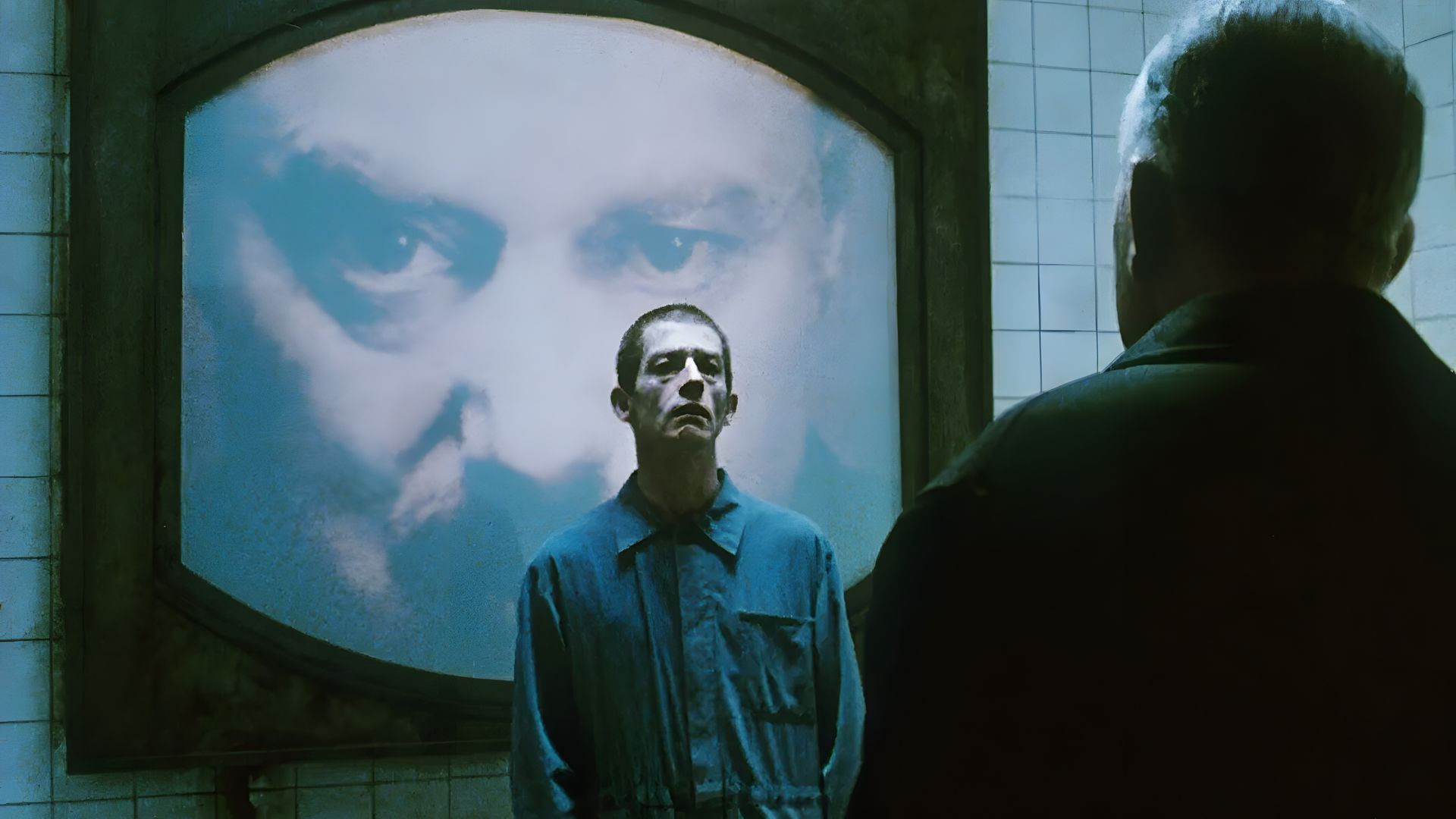1984 (1984)
The most famous novel by George Orwell, symbolically adapted by Michael Radford in 1984, depicted a society of total surveillance. Telescreens watching citizens have been replaced by an all-encompassing network of surveillance cameras, smart devices, and social networks. The manipulation of information and rewriting of history shown in the film resonate with modern issues of fake news and information wars.
Minority Report (2002)
The film by Steven Spielberg (though credit should be given to the original source, the short story of the same name by Philip K. Dick), set in 2054, predicted the emergence of personalized advertising, facial recognition by cameras, and touch interfaces.Gattaca (1997)
The film with Ethan Hawke addressed the issue of genetic discrimination long before genome editing technologies appeared. Today, with CRISPR (a kind of "scissors" for DNA that allows cutting, inserting, or correcting genes) and other genetic engineering methods becoming a reality, the ethical questions raised in the film are more relevant than ever. A society where people are judged based on their genetic potential no longer seems so fantastical.The Net (1995)
The film "The Net" starring Sandra Bullock predicted issues of digital identity and cybercrime as early as 1995. The story of a woman whose identity was completely erased and replaced in the digital world now serves as a warning about the risks of phishing and personal data theft.Equilibrium (2002)
The plot of this dystopia, starring Christian Bale, revolves around a society where the government forcibly controls citizens' emotions with medication. Although we have not reached the point of forcibly suppressing feelings, the growing consumption of antidepressants and other psychotropic drugs makes this film alarmingly relevant.Videodrome (1983)
An extremely unsettling film by body horror master David Cronenberg predicted the influence of virtual reality and the addiction to questionable media content as early as 1983. The main idea the director tried to convey is that the world is ruled by those who provide entertainment. Today, as VR technologies become more accessible and the problem of social media addiction is recognized as a real threat, the film seems prophetic.Black Mirror (2011-2023)
The series "Black Mirror" has proven to be especially accurate in its predictions, which is not surprising since its first season was released relatively recently, in 2011. Many episodes, especially the one about the social rating with Bryce Dallas Howard and virtual immortality, resonate with real technological developments and social experiments.Transcendence (2014)
"Transcendence" with Johnny Depp addresses the challenges of artificial intelligence development and the ethical issues associated with it. Today, as AI is advancing at a rapid pace, it sounds particularly relevant.The Hunger Games (2012)
Of course, we are still far from the world of "The Hunger Games." However, the film accurately predicted several modern trends. The main "prophecy" of the film is the use of entertainment content as a tool for social control. In the dystopian Panem, the authorities use reality shows to maintain control over the population.Many of these films not only foresaw technological innovations but also accurately predicted the social consequences of their implementation. They warned about the risks of losing privacy, new grounds for social stratification, manipulation of consciousness through media, and ethical issues of technological development. Today, these warnings seem more relevant than ever.




